Ichi is a blind entertainer that travels the countryside with her traditional Japanese guitar and walking stick. She’s in search for the kind man that brought her up as a child, but because of her beauty she encounters problems every step of the way. Fortunately for Ichi, she is also a gifted swordswoman and carries a lethal blade within her walking stick.
Related Movies
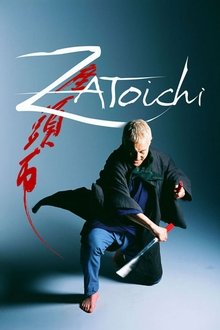
Zatoichi (2003)
Blind traveler Zatoichi is a master swordsman and a masseur with a fondness for gambling on dice games. When he arrives in a village torn apart by warring gangs, he sets out to protect the townspeople.

Rashomon (1950)
Four people recount different versions of the story of a man's murder and the rape of his wife.
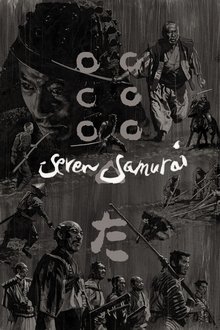
Seven Samurai (1954)
A samurai answers a village's request for protection after he falls on hard times. The town needs protection from bandits, so the samurai gathers six others to help him teach the people how to defend themselves, and the villagers provide the soldiers with food.

Samurai Fury (2025)
Set in war-torn 15th century Kyoto, on the eve of the Onin War, the movie centers on a band of outlaws led by Hyoe, a scoundrel whose lethal sword skills place him at the tip of the spear in a deadly uprising against the corrupt Shogunate and its army, led by former friend-turned-archrival Doken.

Dolls (2002)
Dolls takes puppeteering as its overriding motif, which relates thematically to the action provided by the live characters. Chief among those tales is the story of Matsumoto and Sawako, a young couple whose relationship is about to be broken apart by the former's parents, who have insisted their son take part in an arranged marriage to his boss' daughter.
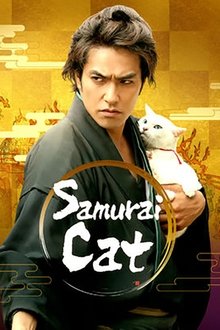
Samurai Cat: The Movie (2014)
The ever versatile Kazuki Kitamura stars as masterless samurai Kyutaro Madarame, a feared swordsman who has fallen on hard times in old Edo. Caught between two warring gangs in an epic battle of cat lovers and dog lovers, he begrudgingly accepts the canine faction's offer to assassinate the opposite leader's beloved pet: an adorable white cat. Yet upon raising his lethal sword, he cannot bring himself to go through with the act, and the cat melts his ronin heart. But before finding peace as a newly minted cat person, the still fearsome Madarame will have to take on both gangs in a classic samurai street brawl.

0.5 mm (2014)
Sawa Yamagishi worked as a nursing-care helper. The family for an old man asked Sawa to sleep with him, which led her to lose her job. Now, she has nowhere to go. Sawa finds elderly people in trouble and gets involved in their lives. Meeting them, Sawa's own wounds start to heal.
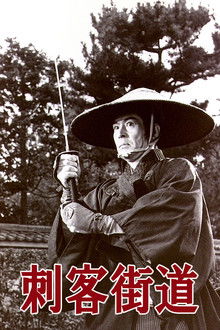
Assassin's Road (1982)
Toma (Go Kato) is a son of a doctor in Takane, Yoshitomo Monzen. He was ordered by the sick federal lord and travel to Edo. It was said that Tsurunosuke, the man supposed to be the next federal lord, got a heavy disease, and the order aimed to make sure if it is true or not. On his way to Edo, Toma gave a hand to Kiku (Mayumi Okamura) who had a stomachache. However, she seemed to be in big trouble, and there were many warriors on the roads… This is the remade drama of “Wakasamamono” written by a popular novelist Tatsuji Satte. Go Kato as Dr. Waka brandishes a sword to come up against the plot of Karo, related to the inheritance of Takane Han.
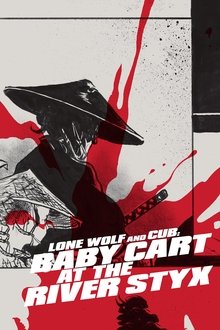
Lone Wolf and Cub: Baby Cart at the River Styx (1972)
Ogami Itto battles a group of female ninja in the employ of the Yagyu clan and must eliminate a traitor who plans to sell his clan's secrets to the Shogunate.
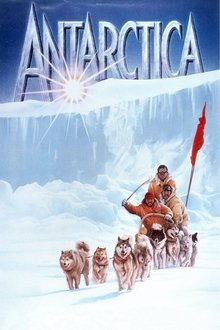
Antarctica (1983)
Two Japanese scientists, Ushioda and Ochi, develop a bond with their sled dogs while on an expedition in Antarctica.
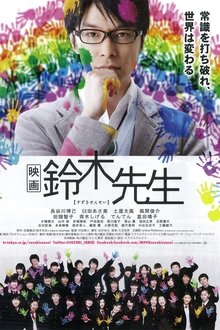
Suzuki Sensei (2013)
Teacher Akira Suzuki breaks away from long-held customs and norms at his school. He tries hard to have the ideal classroom by using his own "Suzuki method". The new semester begins. His homeroom 2-A class is about to have a student council election and preparations for a school festival. A man then takes a female student hostage...
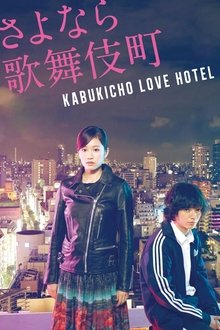
Kabukicho Love Hotel (2014)
This erotically charged drama traces the intersecting stories of a group of employees and visitors at a notorious "love hotel" in Tokyo's red-light district.
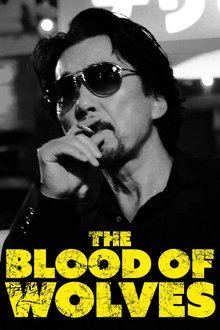
The Blood of Wolves (2018)
Set in 1988 in Hiroshima, Japan, prior to the enactment of the anti-organized crime law. A rumor exists that Detective Shogo Ogami has ties with the yakuza. He is partnered with Detective Shuichi Hioka and they investigate a missing person case involving a financial company employee. Conflicts between opposing yakuza groups become more serious.

Okiku and the World (2023)
Two rogue vagrants make their living as "manure men", turning the waste from the tenement toilets into fertiliser sold to local farmers. Enter Okiku, the only daughter of a fallen samurai, and amongst the overflowing piles of excrement, a well-nourished love story unfolds.
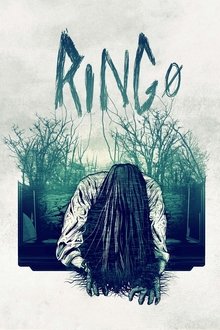
Ring 0 (2000)
Taking place thirty years before the events of Ringu, Ringu 0 provides the shocking background story of how the girl on the video became a deadly, vengeful spirit.
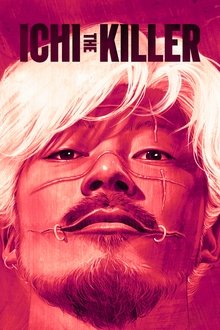
Ichi the Killer (2001)
As sadomasochistic yakuza enforcer Kakihara searches for his missing boss he comes across Ichi, a repressed and psychotic killer who may be able to inflict levels of pain that Kakihara has only dreamed of.

Ran (1985)
Shakespeare's King Lear is reimagined as a singular historical epic set in sixteenth-century Japan where an aging warlord divides his kingdom between his three sons.
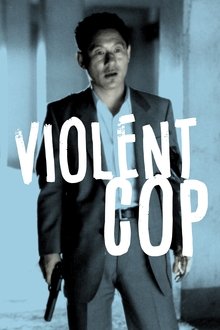
Violent Cop (1989)
A detective breaks all rules of ethical conduct while investigating a colleague’s involvement in drug pushing and Yakuza activities.
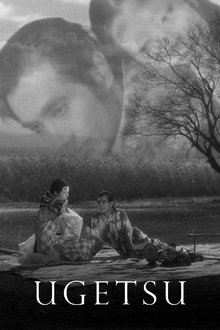
Ugetsu (1953)
In 16th century Japan, peasants Genjuro and Tobei sell their earthenware pots to a group of soldiers in a nearby village, in defiance of a local sage's warning against seeking to profit from warfare. Genjuro's pursuit of both riches and the mysterious Lady Wakasa, as well as Tobei's desire to become a samurai, run the risk of destroying both themselves and their wives, Miyagi and Ohama.

His (2020)
Shun and Nagisa first meet and fall in love during their first year of high school. While Shun is graduating from university, Nagisa tells him that he doesn't see a future for them. Despite Shun's strong feelings, they go their separate ways. Years later, Shun is now a store owner, living alone in a rural area. Out of the blue, Nagisa arrives with his six-year-old daughter, Sora. Spending time together, Shun realizes he still harbors feelings for Nagisa. Can Nagisa reconcile with his feelings for Shun, which have been there all along?